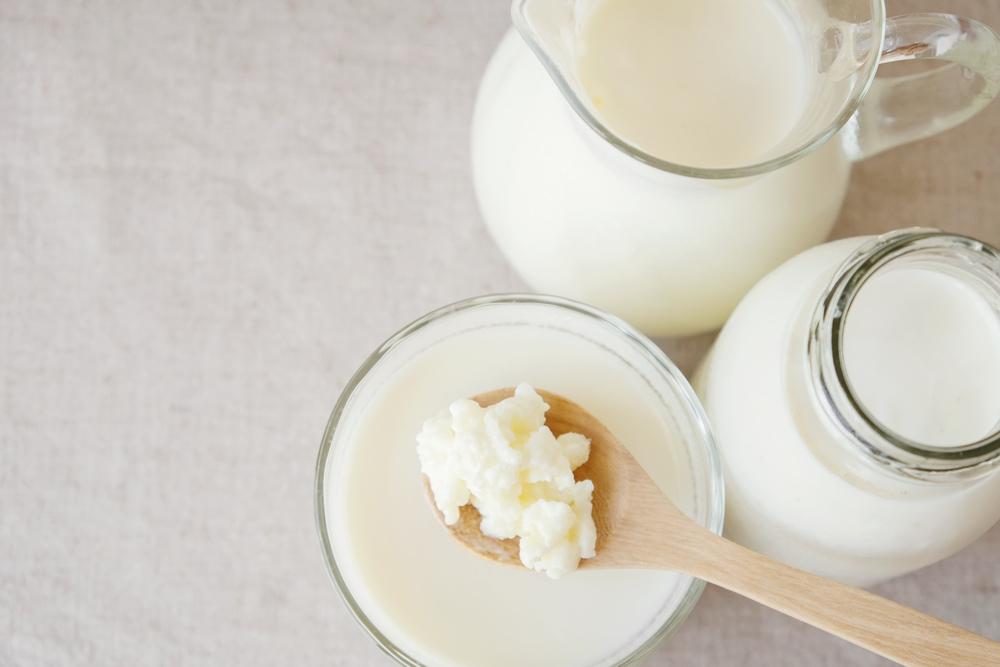People treated for depression exhibit greater improvements if probiotics are taken with anti-depressants as compared to only taking anti-depressants, a Swedish study has found.
The study found a greater proportion of depressed and bipolar patients that took both probiotics and anti-depressants—55 percent—entered remission as compared to the 40 percent of patients that only took antidepressants. Probiotics are ingestible products that contain live bacteria beneficial for the body.






